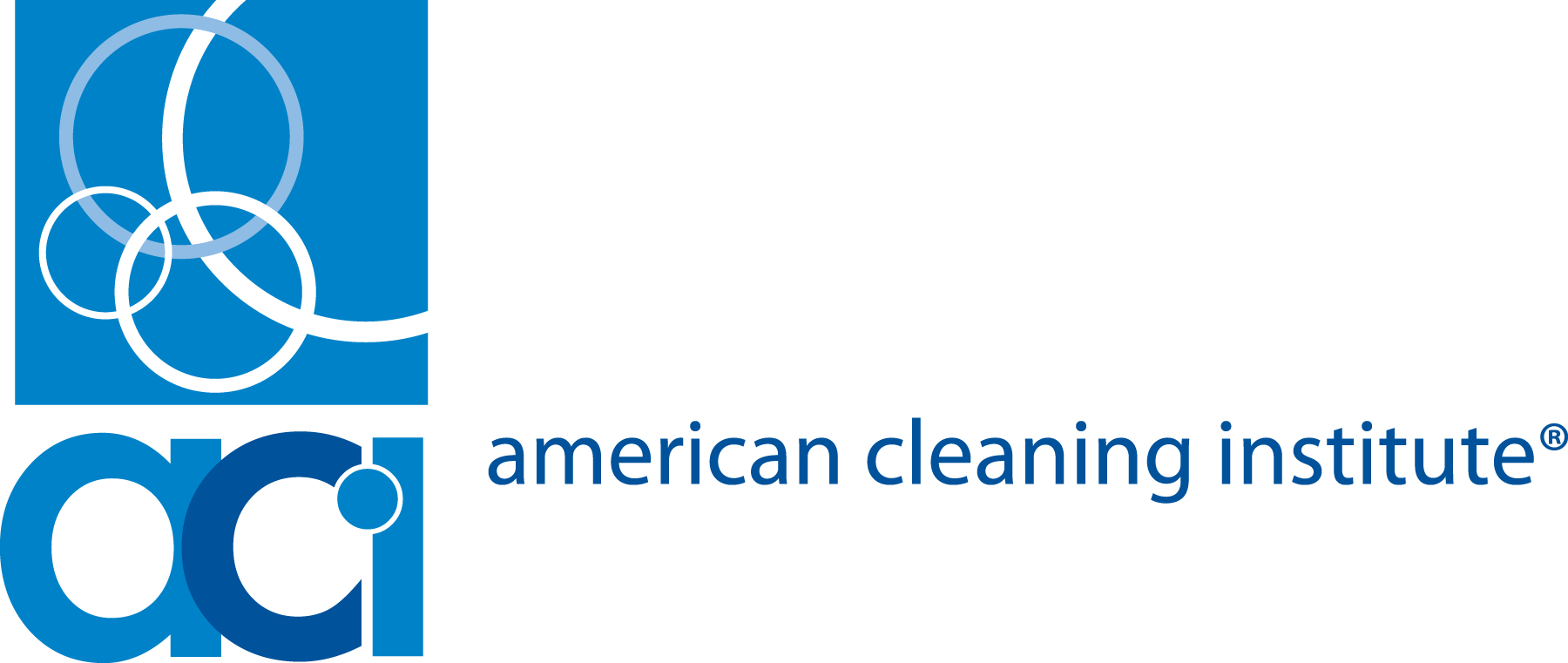Newswise — March 10, 2009 " You might think it's safer or more effective to mix your own cleaning products at home. Think again.
According to a new survey from The Soap and Detergent Association (SDA " www.cleaning101.com), 28 percent of Americans say they have mixed their own cleaning product at home.
When asked what was the most important factor in deciding to try and make their own concoction, those who did so said they believed it was safer to know what was in the products (38%), they believed it was cheaper (38%), or they believed it was more effective (28%).
"When it comes to making your own cleaning products, consumers should think twice before mixing once," said Nancy Bock, SDA Vice President of Education. "There can be serious safety implications if proper care is not taken. In the frantic haste of an emergency situation, will the person who made the mix-at-home product know exactly what to tell a Poison Control Center on the phone?"
What do consumers need to consider before mixing their own concoctions?
"¢ Labels: Homemade cleaning products aren't always stored in properly labeled containers. While you may feel confident that you know what's in them, consider the fact that a child or a pet may get a hold of them when you're not around. How would other members of the household know what's inside or what to do in an emergency if there's no label with safety instructions?
"¢ Testing standards for safety: An incredible amount of research, development and testing goes on before formulated cleaning products ever hit the store shelves, not to mention that the products must meet all applicable federal and state quality, safety and labeling regulations. Homemade cleaners are not tested or held to any standards. An ingredient may be labeled as "natural" but that doesn't necessarily mean it's safe for ingestion by children or pets.
"¢ Testing standards for use: Untested homemade mixtures may have unforeseen consequences, such as damaging your kitchen counters or stripping the finish from your brand-new wood floors.
"¢ Secure storage containers: Formulated products come with safety and precautionary language, including reminders about storing the product safely and securely. A number of products are also fitted with child resistant packaging if there are significant precautions for usage. When you make it at home, you're on your own.
As a longtime supporter of National Poison Prevention Week (March 15-21), SDA reminds consumers about the proper ways to store and use cleaning products in the home:
"¢ Close cleaning product caps securely. Even child-resistant packaging doesn't work if the container isn't properly closed.
"¢ Lock products up. Store them in a location that's away from children, pets and food. Install child-resistant locks on cabinets and doors.
"¢ Keep cleaning products in their original containers. If an accident occurs, the label provides information concerning the product's contents and advice on what immediate first-aid to perform.
"¢ Carefully dispose of empty cleaning containers. Replace the caps and then discard in a sealed recycling bin or garbage container that's safe from curious children and pets.
If there's a poison-related emergency, contact the U.S. Poison Control Center's nationwide toll-free number: 1-800-222-1222. Post this number, which operates 24 hours a day, seven days a week, next to every phone in the house and add it as a contact into all your cell phones.
SDA has more specific information online for consumers on the safe, beneficial and proper use of cleaning products, including:
Clean and Safe in the 21st Century, available at www.cleaning101.com/health.
Facts About Mix-at-Home Cleaners, available at www.cleaning101.com/environment/facts/.
The survey was completed for The Soap and Detergent Association by Echo Research, Inc. Echo questioned 1,001American adults (501 men and 500 women) via telephone on February 26-March 1, 2009 on whether they had ever mixed their own cleaning products. The second question was asked of 302 adults (123 male, 179 female) who had answered "yes" to the first question. Both questions have a margin of error of plus or minus 3.2 percent.
The Soap and Detergent Association (SDA " www.cleaning101.com), the Home of the U.S. Cleaning Product and Oleochemical Industries®, is a one-hundred plus member trade association representing the $30 billion U.S. cleaning products market. SDA members include the formulators of soaps, detergents, and general cleaning products used in household, commercial, industrial and institutional settings; companies that supply ingredients and finished packaging for these products; and oleochemical producers. SDA and its members are dedicated to improving health and the quality of life through sustainable cleaning products and practices.
